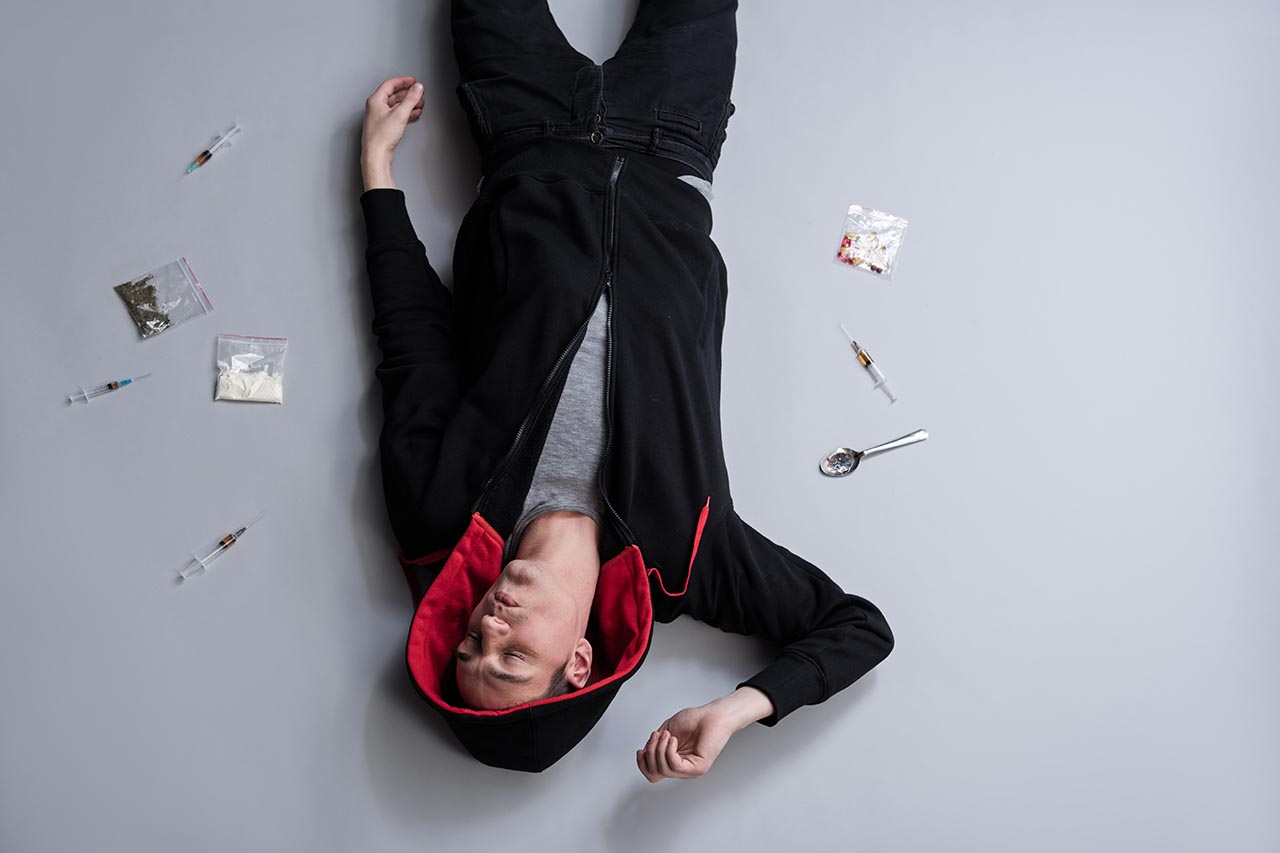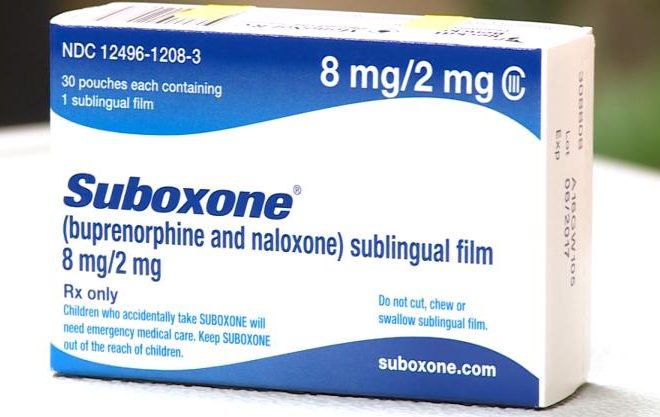
Philly Proposes Safe-Injection Centers To Combat Heroin Epidemic
March 20, 2017
Buprenorphine Now A Threat To Our Youth
March 27, 2017Entering rehab can be a scary prospect for anyone, but for someone introverted, the thought of group meetings and being regularly placed in social situations can be off-putting. Introverts may even dismiss going to rehab, thinking that they would be better off solving the problem on their own. The Urban Dictionary defines an introvert as “a person who is energized by spending time alone” and who may otherwise be easily drained by social interactions. For those who fit this mold and are seeking drug or alcohol treatment, here are some tips for surviving rehab as an introvert and getting the most out of your care.
Signs of an Introvert & What It Means
The word introvert comes from Latin and means “inward-turning.” While introverts aren’t necessarily anti-social, they find comfort in solitude. These individuals tend to be very shy and prefer to be in the background of things rather than in the limelight. The term “introversion” and its counterpart, extraversion, were introduced in psychology by Carl Jung, although both the popular understanding and current psychological uses of these terms vary.
Generally, introversion is a personality type characterized by traits like reserve, passivity, thoughtfulness, and a preference for emotional privacy. Introverts are most comfortable interacting in small groups and with one-on-one relationships and are energized by spending time on their own.
Some signs you’re an introvert include:
- Being around people drains your energy
- Enjoying solitude more than being around people
- High self-awareness
- Learning by watching
- Preferring a small group of close friends
- Preferring to be quiet
- Stimulation leaves you distracted and unfocused
- You don’t like group work
- You feel tired after being in a crowd or around people
- You take time to make decisions
There are also different types of introverts: social introverts, thinking introverts, anxious introverts, and restrained/inhibited introverts. Regardless of the category you fall into, being introverted is not a bad thing. It’s just who you are!
Our admissions coordinators are available 24/7 to answer any questions you may have as you consider whether treatment at Clearbrook Treatment Center is right for you or your loved one.
Introverts and Rehab: Survival Tips
Considering that addiction treatment often involves group therapy programs, such as 12-step meetings, it’s understandable why extreme introverts in rehab may struggle. However, if you’re introverted and struggling with addiction, there are ways of surviving rehab as an introvert and getting the help you deserve. Check out the tips below.
Make a Friend
While this may seem like a big first step, having one person who you are friends with can make it easier to be in group situations without feeling like a complete outsider. When you first enter rehab, you are bound to be approached by at least one person. Take this opportunity to connect with them and allow them to show you the ropes. As an introvert, it can be challenging to attend group meetings without knowing anyone and feeling like all eyes are on you. Having a friend at meetings can help you to feel less conspicuous.
Plan for Some Alone Time
Many introverts need alone time to recharge their batteries. Whether it’s reading a book or simply being alone with your thoughts, it’s crucial to maintain balance. Spending a lot of time with others can make you feel drained and even anxious. Cheryl Strayed, an American writer, said, “Alone had always felt like an actual place to me, as if it weren’t a state of being, but rather a room where I could retreat to be who I really was.” Talk to your counselor about your needs, and make sure to plan out time to just be alone. Just knowing that you have time set aside for just yourself can help make it easier when interacting with others.
Don’t Overshare
Don’t feel like you have to be an open book to everyone. While you should open up to your primary counselor and be truthful, you don’t have to tell your life story to everyone who asks. Most people you’ll meet at rehab will be willing to give you your space if you just ask. Share as much or as little as you’re comfortable with, and in time you’ll feel more open to connecting with others on a deeper level. Try not to isolate yourself, though. Talking with others does help, but don’t feel like you have to talk with everyone all of the time.
Be Honest
There is nothing wrong with being an introvert. Make sure to tell your counselors and those who conduct your initial assessment. Let them know that you desire to participate, but express any concerns you may have. People are introverted to varying degrees, and you may be more or less comfortable with things than someone else. It’s important to let them know exactly what makes you feel shy or closed off. The initial assessment is also the time to discuss your needs and other concerns you may have. They can let you know the options that are available to you.
Don’t Isolate Yourself
While it may be tempting to hide away in a corner, this kind of behavior is dangerous and detrimental when done too often or to the extreme. Make sure you are around people, even if you’re not actively participating in the conversations at first. Once you become familiar with people, you may find yourself feeling less anxious and wanting to open up more to others.
Recognize Your Strengths
You might not realize it, but being an introvert gives you an advantage during rehabilitation and recovery. Many times throughout treatment, you’ll be given the opportunity for self-reflection, and this is something that introverts tend to excel at. This allows you to gain more than someone who has trouble looking inward and tends to be too focused on the world around them. Meditation may also come easier to you as an introvert than to someone else who is extroverted.
Remember, You Are Not Alone
There’s a good chance that you won’t be the only introvert in the room. While you are in group meetings, take a look around and see if you notice others who seem a bit quieter or withdrawn. These people may be introverts just like you! One benefit of befriending other introverts is that you’ll be able to understand and respect each other’s need for quiet alone time better than others. It is important to try and form at least some meaningful connections while in treatment but think of quality over quantity. It’s better to have one or two good friends than to have several acquaintances.
Get a Free Insurance Verification Today!
"*" indicates required fields
Contact Clearbrook Today
Remember, entering rehab is outside of everyone’s comfort zone, so please do not let this stop you from seeking the help that you need. If you or someone you know needs treatment, we will be happy to help. For more than 40 years, Clearbrook Treatment Centers has been treating alcoholism and chemical dependency.
To learn more about our options for medical detox and addiction treatment in Pennsylvania or Massachusetts, call Clearbrook Treatment Centers today at 570-536-9621 or send us your contact information, and one of our team members will reach out to you.
Related Reading:
A Guide to Court-Ordered Rehab
To Disclose or Not to Disclose? Handling Job Interviews After Rehab






